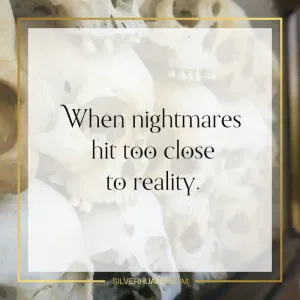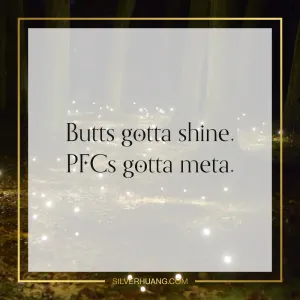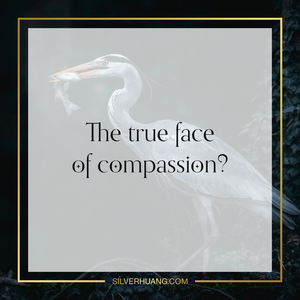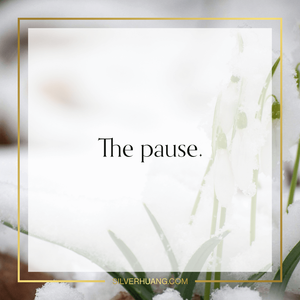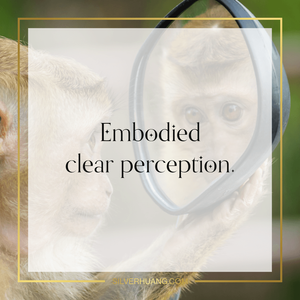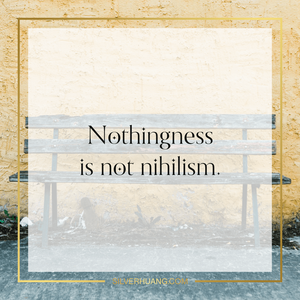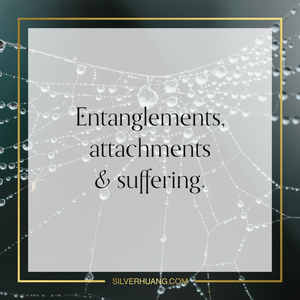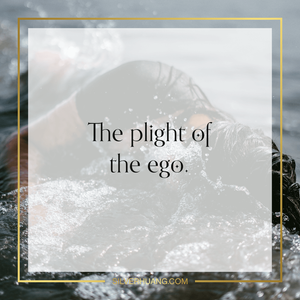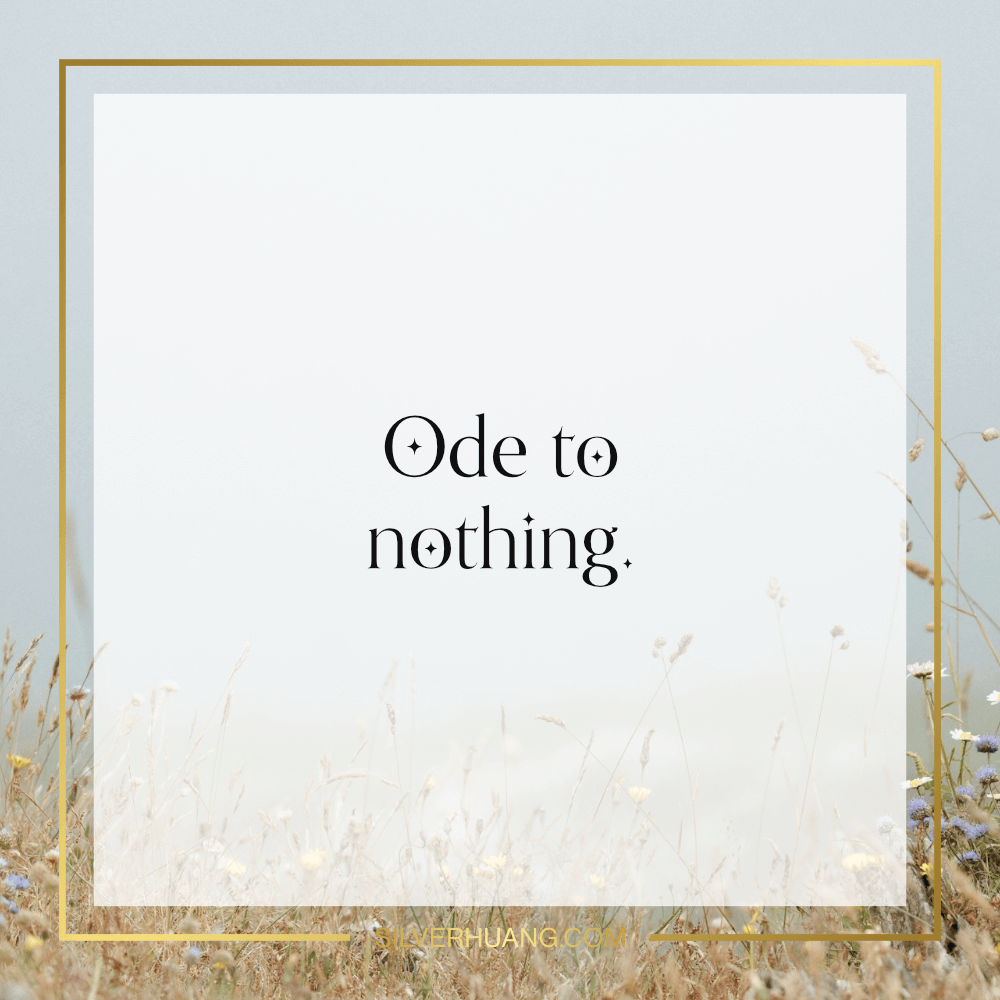
Ode to nothing.
From nothingness,
Gushes the wellspring of life;
Formless in form.
When we remember
Our true nature as formless,
We embrace reality.
When we forget that,
And cling to form,
Dissonance erupts as suffering.
Formless is [fill-in-the-blank],
Form is experiment;
One eternal[1], the other ephemeral.
Clinging to smoke
Is futile and painful.
Yet we all do it; why?
Because we forget;
We fail to see and fall
For our own smoke and mirrors.
[1]: I contradict myself here, for in my first verse, I already suggested:
From nothingness,
Gushes the wellspring of life;
Formless in form.
Both formless and form are ephemeral; only "nothingness" is eternal.
This got me thinking and I got to reading... 🤓
The Tao Te Ching (道德经) posits:
無, 名天地之始;Wú [non-presence, lacking, non-being], names the beginning of heaven and earth;
有, 名萬物之母。Yǒu [presence, having, being], names the mother of all things.
[...]
此兩者,同出而異名,These two arise from the same but with different names,
同謂之玄。And both can be called xuán [dark, deep, profound].
— Chapter one, from The annotated critical Laozi, by Chen Guying.
The author Chen Guying notes Wang Anshi, an economist, philosopher, poet, and politician during the Song dynasty (960–1279), as saying:
The ‘two’ here are the yǒu 有 [presence, having, being] and wú 无 [non-presence, lacking, non-being] of the Dao, which both emerge through the Dao. Scholars often take wú 无 as pure essence and yǒu 有 as vulgar, not understanding that both arise from the Dao. Thus it is said ‘both can be called darkness (玄).’
That was fascinating to read and think about. In contemplating it further, it became evident to me that my thinking here has been sloppy:
- I sometimes speak as if I believe form to arise from formlessness; assuming formlessness to be the ineffable nothingness-source of all things, and at other times,
- I speak as if I believe both form and formless to arise from something beyond and ineffable.
Here, too, I recall the Heart Sutra (Prajñāpāramitāhṛdaya) from Mahayana Buddhism:
[Anyone] who so wishes to engage in the practice of the profound perfection of wisdom should clearly see this way: they should see perfectly that even the five aggregates are empty of intrinsic existence. Form is emptiness, emptiness is form; emptiness is not other than form, form too is not other than emptiness.
— The Text of the Heart Sutra, from Essence of the Heart Sutra, as taught by the 14th Dalai Lama and translated by Thupten Jinpa
Beyond is the ineffable.
Which recalls something I've come across in my skimmings (and therefore know nothing about beyond just having seen the words): In the Pāli canon, beyond the seventh stage of meditation (jhāna) of "nothingness" is supposedly the eighth and final stage of "neither perception nor non-perception".
Fascinating stuff. ☺️

